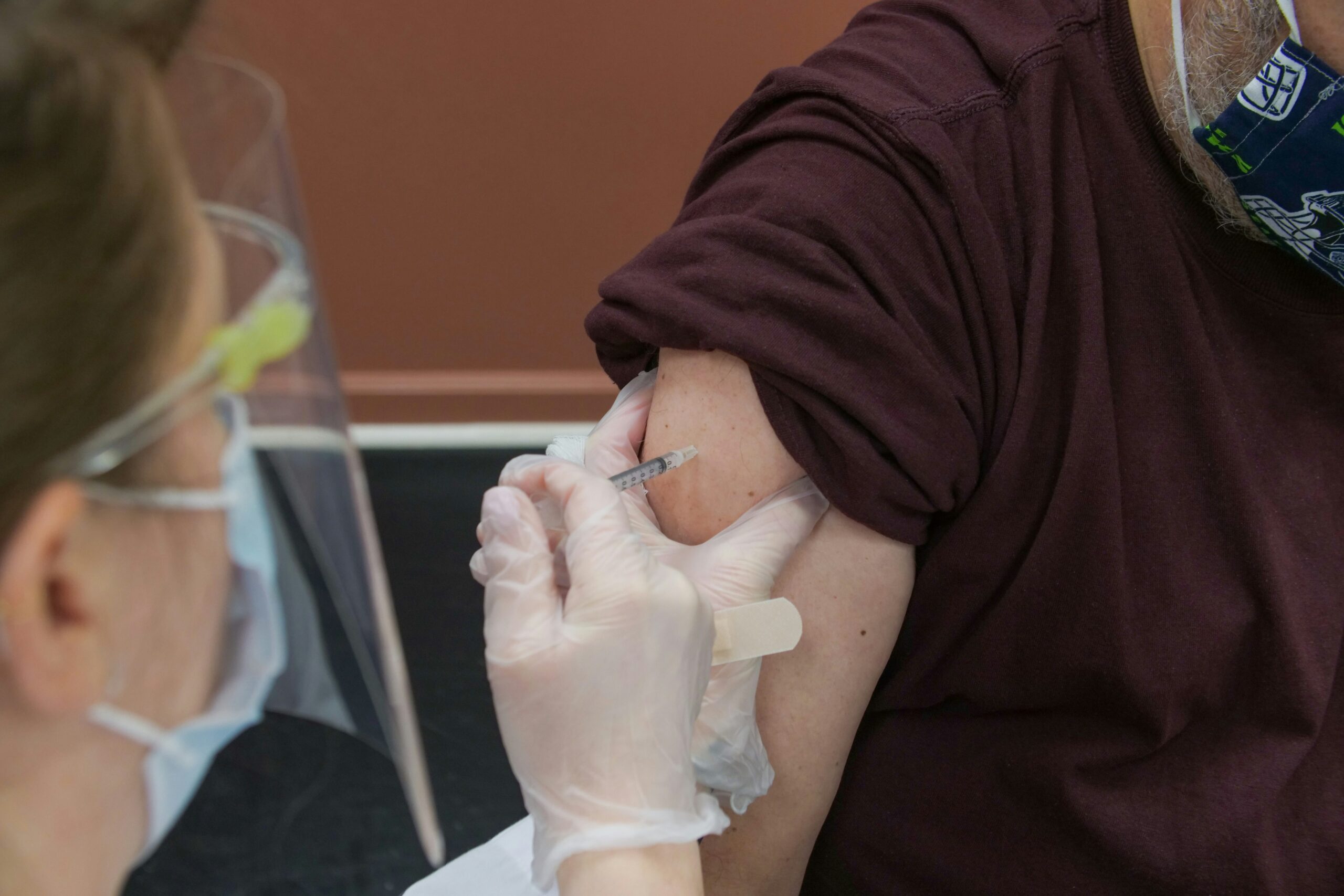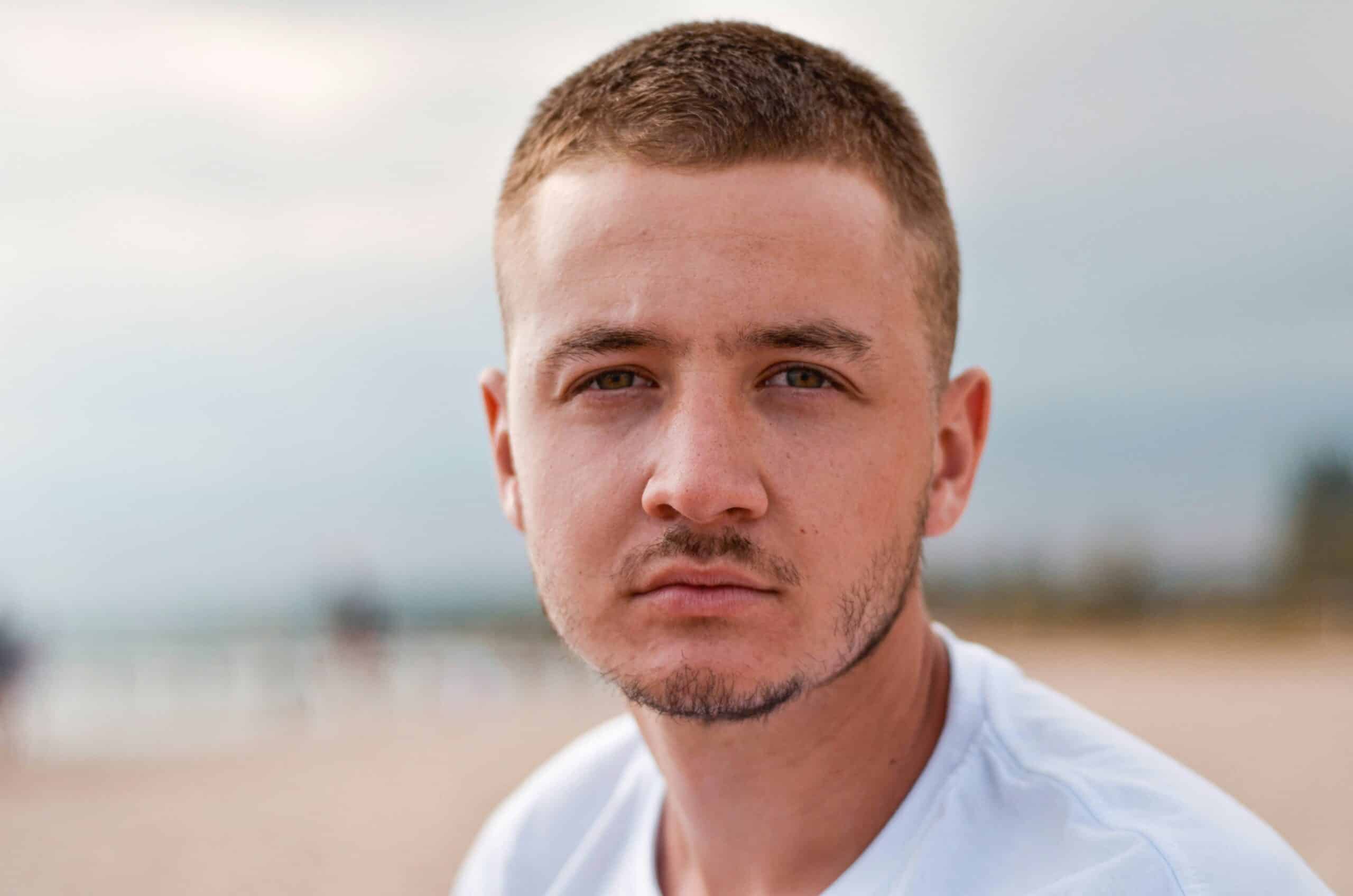In 1994, Duff McKagan came very close to death. On May 10 of that year, at the age of 30, the bass guitarist of Guns N’ Roses developed acute pancreatitis. He had been misusing alcohol and a plethora of drugs for most of his life. In his 2012 autobiography, It’s So Easy and Other Lies, McKagan recounts his life, musical career, addiction, and recovery. A documentary of the same name is now streaming on Netflix. The film uses interviews, animated sequences, and performance footage with McKagan reading from his book while being accompanied by various musicians.
Michael Andrew McKagan acquired the nickname “Duff” early on. He grew up in Seattle’s largely working-class University District, the youngest of eight children born to Alice and Elmer McKagan. The film dramatically illustrates the importance of prevention programs. We learn that Duff started smoking cannabis in 4th grade, had his first drink in 5th grade, and was using LSD in 6th grade. In junior high school, he was using cocaine and stealing cars. He was also becoming a musician. At fifteen, McKagan formed a punk band called Vains. He subsequently played with a number of other Seattle-based groups before moving to Los Angeles in 1983.
In June 1985, McKagan replaced bassist Ole Beich in Guns N’ Roses. Two years later, the hard rock band released its debut album, Appetite for Destruction, which catapulted the band to global stardom. “When Guns N’ Roses began to break into the public consciousness, I was known as a big drinker,” McKagan writes in It’s So Easy and Other Lies. “Every day I made sure I had a vodka bottle sitting next to my bed when I woke up. I tried to quit drinking in 1992, but started again with a vengeance after only a few weeks.” McKagan was by no means the only member of Guns N’Roses with a substance use disorder. At the age of 35, lead guitarist Slash was diagnosed with cardiomyopathy caused by his many years of alcohol and drug misuse. Drummer Steven Adler was fired from the band in 1990 because of his heroin addiction. Duff hit bottom in 1994 when he woke up with abdominal pain “so intense that he couldn’t even make it to the edge of the bed to dial 911.”
It turned out, McKagan’s pancreas, “apparently swollen to the size of a football from all the booze,” had ruptured. He begged the ER doctor to kill him. His primary care physician feared Duff had only months to live but he survived and realized he had been given a second chance. “That’s all the rehab I needed,” he recalls in the documentary. Well, not exactly. His rehab and salvation turned out to be a martial art called Ukidokan. Soon after hitting bottom, Duff walked into the dojo of Benny “the Jet” Urquidez. Sensei Benny quickly became a father figure for Duff, who fought the “demons that lay hidden just beneath his skin” with brutal workouts and meditation sessions. “I knew that if I were to remain sober, I would have to do some deeper and much more serious work—work on my soul and on my psyche,” he recalls in It’s So Easy. Urquidez realized that McKagan “had that life in him, he just couldn’t see it.”
Duff purged the toxins from his body and also came to terms with the panic attacks and other anxiety issues that had plagued him his entire life. He learned to “place pain in a steel box and let it float away” and the daily meditations taught Duff how “to build a mental safe house, a place where he would always be able to go to collect himself, renew himself.” For Sensei Benny the hope was for McKagan “to reach a point where he would no longer need to be physically exhausted” to find this mental safe house. His doctor could hardly believe how much Duff improved. “Perhaps more striking were the internal changes even Dr. Thomas couldn’t see—the changes in my mind,” McKagan writes.
Amanda Swartzlender helps patients achieve similar changes at Lakeview Health. She runs a holistic recovery group. A big part of those programs is mindfulness training. “Patients learn to anchor their minds in the present moment,” she says. “When you flood your mind with information about this present moment, you are less likely to allow the habitual negative thought patterns of the past to take over.” Meditation is useful in addiction recovery because it slows down—or clears—the thoughts racing through the mind.
It brings the person to a state of relaxation. Swartzlender also uses visualization techniques similar to McKagan’s steel box when she asks participants to put interrupting thoughts in a box and put that mental box on a shelf. That way they can stay in the moment and return to those thoughts later if they feel the need to do so. Physical activity can also anchor the mind in the present moment. “Participants sometimes go out in challenging condition, and when they come back, they realize, they were so focused that they didn’t think about anything else. None of the usual destructive thought patterns surfaced,” explains Swartzlender. “The harder the session is for them, the more therapeutic is usually is.”
For McKagan, it was martial arts training that enabled him to stay present. In June 1995, Duff was invited to play a gig. He was anxious, realizing it would be a big step for him because up to this point he had not played a live show sober. “In fact, to the best of my knowledge I had never played sober in my entire life,” he writes. But the performance was a big success, and for Swartzlender it showed how McKagan had learned to cope with his fears. “He found acceptance,” she says. “Duff McKagan didn’t get over his panic attacks but learned to live with them, perceive them differently. He experienced anxiety before that show but managed to deal with it without using substances.”
That is a coping skill she likes her patients to acquire. Many of them come to Lakeview for help with substance use disorders and anxiety issues. “They will continue to experience pain and anxiety in their lives and need to be able to cope without using drugs and alcohol,” says Swartzlender. McKagan continued to turn his life around. He fell in love with model Susan Holmes, who became his third wife in 1999. They have two daughters together, and being a father has stabilized Duff’s recovery further. Despite being a high school dropout, he even ended up taking classes at Seattle University’s Albers School of Business and Economics. The film ends with the uplifting incantation of “Live life, love” and the lyrics “you can’t put your arms around a memory, don’t try” from the Gun N’Roses album The Spaghetti Incident? Duff McKagan’s recovery story is inspirational because it shows that no matter how serious the grip of addiction can get, change is always possible. Recovery can happen.




